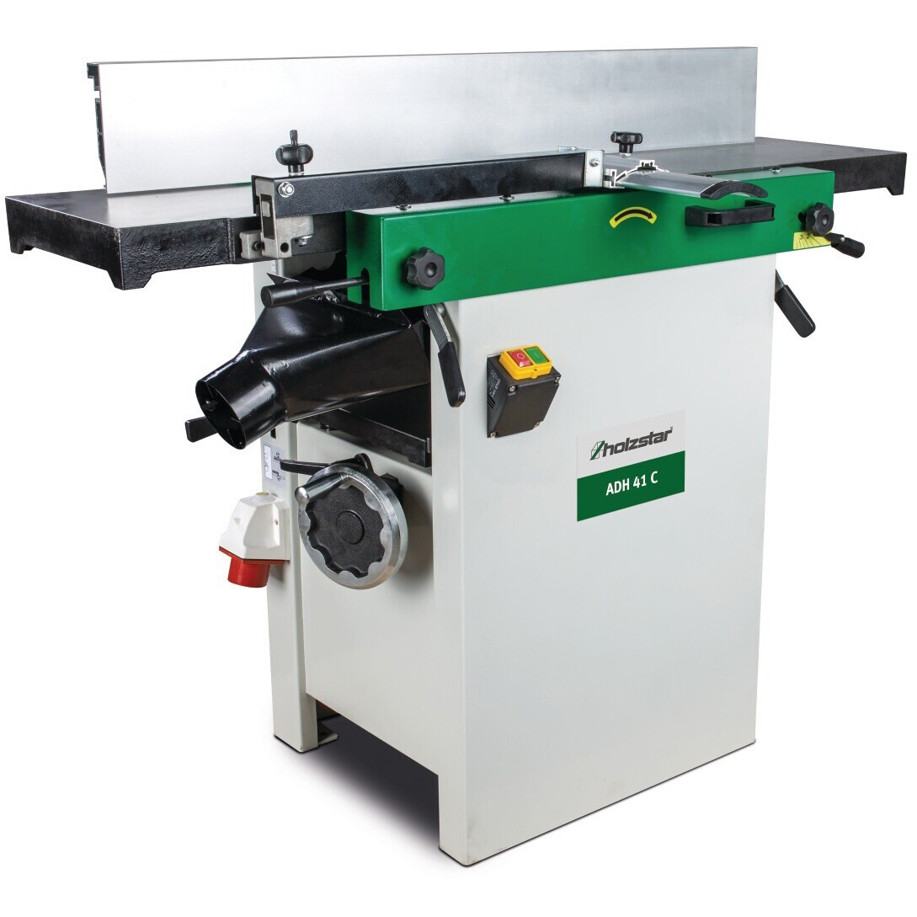The Importance of Routers in a Case: A Comprehensive Guide
In today's digitally linked world, routers work as the backbone of home and workplace networks. However, routers are not simply functional gadgets; they also feature several features that affect performance, toughness, and efficiency. One such function is the enclosed case or chassis, which is crucial for protecting the router's hardware and guaranteeing ideal performance. This post explores the significance of a "Router in a Case," detailing its benefits, elements, and why it matters in the world of networking.
Comprehending Routers and Their Purpose
A router is a networking device that forwards information packages between computer system networks. It allows interaction in between different devices, such as laptop computers, smartphones, and printers, permitting them to share an internet connection effectively.
Secret Functions of Routers:
- Data Packet Routing: Directs internet traffic intelligently so that information reaches the appropriate device.
- Network Address Translation (NAT): A feature that allows multiple gadgets to share a single IP address.
- Firewall program Protection: Often integrated into routers, this function secures the network from unauthorized gain access to.
- Wireless Access Point (WAP): Most modern routers likewise work as wireless access points, providing Wi-Fi connectivity.
Why Is the Case Important?
The case of a router plays a considerable role in:
- Heat Dissipation: Routers generate heat while operating. A properly designed case allows for optimal air flow and helps in effective heat dissipation.
- Toughness: A sturdy case secures internal parts from physical damage, dust, and moisture.
- Visual Appeal: A visually attractive style can boost the appearance of your work area or home.
- Port Accessibility: Good cases frequently have tactical openings for simple access to ports and buttons.
Types of Router Cases
Let's take a look at the variations in router cases, concentrating on product and style.
| Type | Product Used | Benefits | Drawbacks |
|---|---|---|---|
| Plastic Cases | High-density polyethylene | Light-weight, affordable, helpful for heat insulation | Less resilient than metal; might warp over time |
| Metal Cases | Aluminum or steel | Highly long lasting, outstanding heat dissipation | Heavier, more expensive |
| Customized Cases | Differed (3D printed or customized) | Tailored to the specific requirements and design choices | Usually more costly and might require time |
Advantages of Using Router Cases
1. Improved Performance
Properly developed cases enable routers to run efficiently. When heat is efficiently managed, the router can keep optimum performance without throttling speed.
2. Relationship with Signal Strength
Surprisingly, the case material can affect signal strength. Metal cases might obstruct certain signals, which can cause dead zones in Wi-Fi protection. Understanding this relationship assists users make notified choices when selecting a router.
3. Aesthetic Consideration
In the age of smooth innovation, lots of consumers value a router's design as much as its functionality. Cases can enhance organization, especially when given a contemporary or complementary aesthetic.
4. Stability and Security
A robust case makes sure stability, avoiding the router from being quickly overturned or damaged, especially in homes with family pets or children. Some cases even include lock features for safe network environments.
Important Features to Look for in a Router Case
When considering a router in a case, particular functions should not be overlooked:
- Ventilation: Look for cases with sufficient ventilation holes or mesh panels that permit heat to get away.
- Port Access: Ensure all necessary ports (USB, Ethernet) are easily available.
- Mounting Options: Some cases offer mounting abilities for wall installations, which can conserve space and streamline cable television management.
- Modularity: A modular style can enable upgrades or modifications to the router without needing to purchase a whole brand-new case.
Frequently asked questions
1. Do all routers come with cases?
Not all routers include designated cases, particularly entry-level models. However, Kantenfräse Akku Angebot of higher-end or service routers may include a protective chassis.
2. Can I use any case for my router?
No, it's important to pick a case that works with the particular design of your router to ensure proper fit and efficiency.
3. How can I enhance the heat dissipation of my router?
Consider utilizing a case designed for ideal air flow, or employ extra cooling solutions like external fans if you observe performance problems due to overheating.
4. Will a metal case constantly be better?
Not necessarily. While metal cases supply toughness and heat dissipation, they can also block Wi-Fi signals. It's important to weigh the advantages and disadvantages based upon specific networking needs and environments.
5. Is it worth purchasing a custom-made case for my router?
This depends on your specific requirements. Custom-made cases can offer distinct functionality and style matched to private choices, but they may be more pricey than standard solutions.
Comprehending the function and importance of a router in a case offers invaluable insights for optimizing your office or home network. With the right case, a router can carry out effectively, stay cool, and blend visually into its environment. Whether one chooses a basic case or choose a tailored version, being notified about the benefits and functions can contribute considerably to a more trusted and elegant internet experience.
To ensure maximum efficiency from an indispensable tool, always keep in mind that a well-protected router is likewise a well-functioning router.

